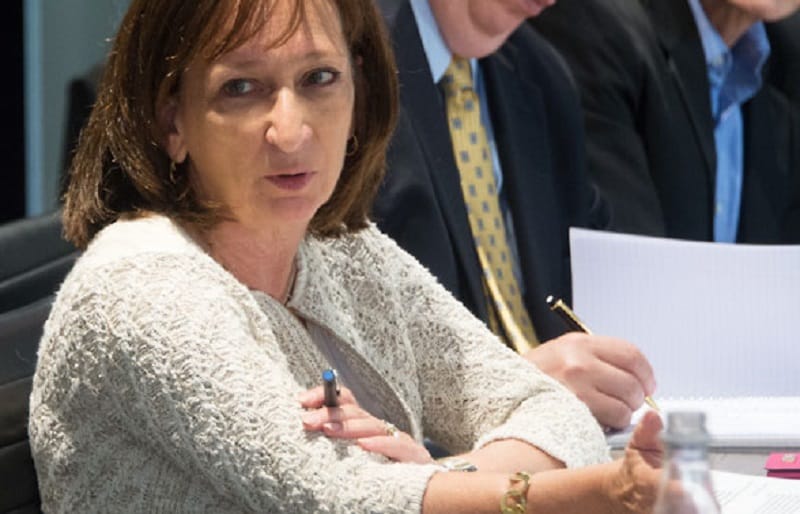Trade Group for Independent Broadband Providers Closes Doors After 27 Years of Advocacy
WASHINGTON, February 3, 2020 – ITTA, which called itself “the voice of America’s broadband providers,” closed on Friday due to financial obstacles after over 25 years of advocating for wireline communications. ITTA – which was originally known as the Independent Telephone and Telecommunications Alli









Member discussion